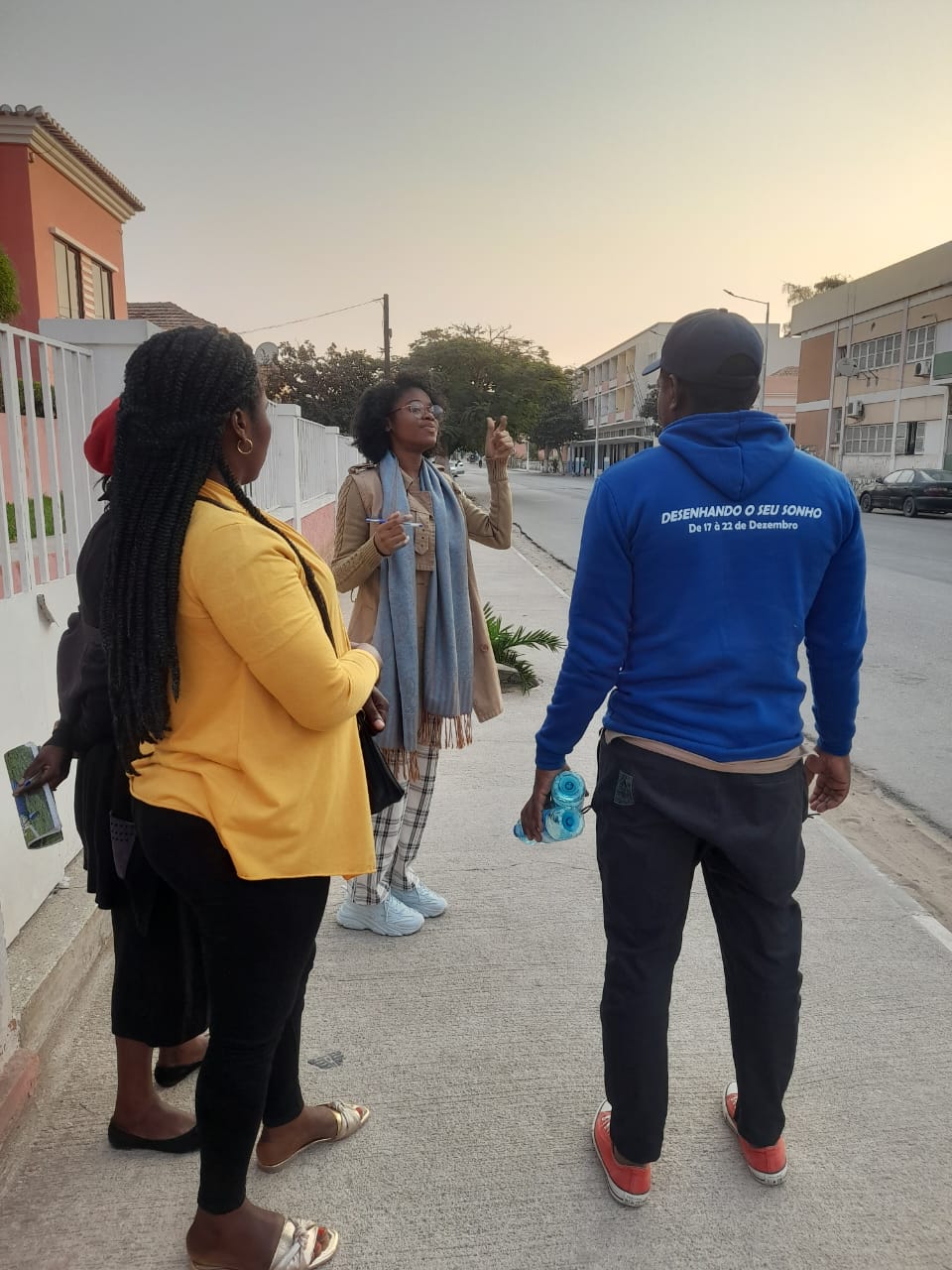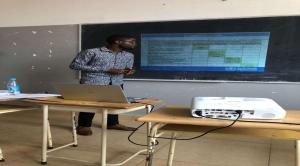18 students from the Private University of Angola (UPRA) embarked on a transformative journey, lending their youthfulness, energies, and intellect to the national polio campaign in Angola.
In an important collaboration that demonstrates the link between education, leadership, and communal welfare, 18 students from the Private University of Angola (UPRA) embarked on a transformative journey, lending their youthfulness, energies, and intellect to the national polio campaign in Angola. Scheduled between the 8th and 11th of September, this initiative marks a innovative partnership between WHO and UPRA, fostering a group of young students who are not just spectators but active participants in shaping the health narrative of Angola.
These selected students quickly and efficiently assumed their roles as trainers for independent monitors at the provincial level. A responsibility of this level was not only a first for them but also a novel approach adopted by WHO in Angola, affirming the organization’s faith in the potential and capabilities of the youth in Angola.
Preparedness was key. Engaging in a day-long training session in Luanda, Angola’s capital, these young students equipped themselves with the necessary knowledge and skills to lead training sessions in the provinces. They went to regions of their own country that many were discovering for the first time, a journey that not only expanded their geographical understanding but also nurtured a deep-seated connection with their homeland.
As trainers, the students played a pivotal role, fostering a network of informed, capable monitors in all 18 provinces in Angola who will oversee the campaign's successful rollout over the next four days. As such, their involvement, went beyond mere participation; it was an embodiment of leadership and influence, a testimony to the substantial impact that the youth have in steering their nation towards a healthier future.
The involvement of students in the national polio campaign through WHO is an illustration of WHO’s commitment to integrating young individuals into its mission, inspiring them to be the next leaders and health professionals who understand the nuances of working for an international organization and making a tangible impact in their own countries.
In essence, the collaboration between WHO and UPRA has, in short time, already demonstrated the importance of strong partnerships in alignment with the Sustainable Development Goal 17 and in fostering young leaders who will define the health sector and wellbeing in Angola.

